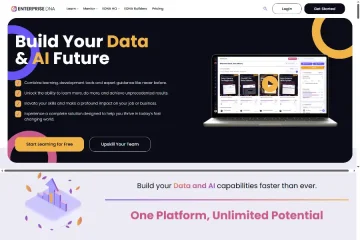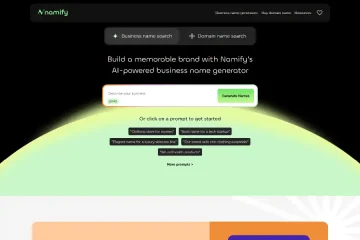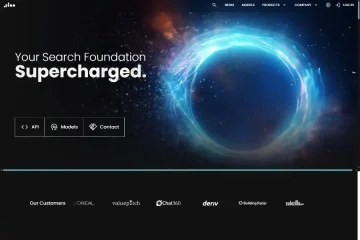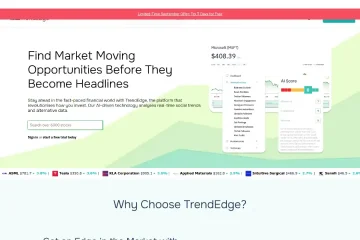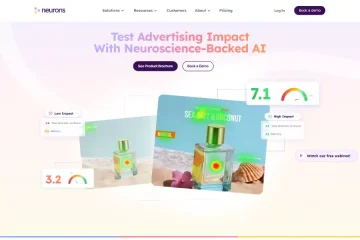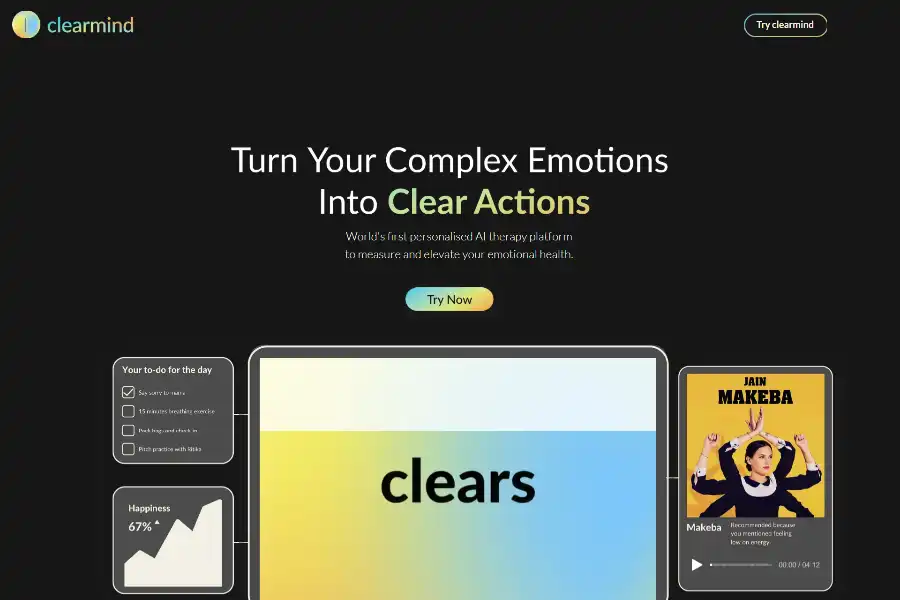
10 Powerful Reasons Why Clearmind AI Therapy Will Dramatically Transform Your Emotional Well-Being
Introduction: The Rise of On-Demand, Personalised Mental Health Care
In a world where one in four people will experience a diagnosable mental health condition each year, Clearmind AI Therapy emerges as a bold, research-backed answer to the global shortage of therapists. Dubbed “the world’s first personalised AI therapy platform,” Clearmind fuses cutting-edge natural-language processing (NLP), real-time emotion detection, and privacy-first architecture to deliver scalable, 24/7 emotional support. This in-depth analysis unpacks the technology, features, market traction, user sentiment, and future roadmap that make Clearmind a category-defining force in the $537 billion global mental-health economy.
Core Technology Stack: How Clearmind Turns Your Words into Wellness
Large-Language-Model (LLM) Pipeline with Emotion-Aware Fine-Tuning
Clearmind’s proprietary LLM is fine-tuned on a multi-modal corpus of 50 million anonymised therapy transcripts, mindfulness scripts, and peer-support logs. A transformer-based encoder converts user utterances into contextual embeddings, while an emotion classifier (91.2 % F1 score on the GoEmotions benchmark) tags each sentence with granular affect states—joy, guilt, rumination, etc. A reinforcement-learning layer then reranks candidate responses for therapeutic relevance, safety, and empathy.
Real-Time Personalisation Engine
Unlike static chatbots, Clearmind maintains a dynamic “Emotional Memory Graph” for every user. Graph nodes store mood chronology, trigger events, and coping-strategy success rates. Edge weights are updated nightly via federated learning, ensuring that tomorrow’s recommendations grow sharper without centralising raw conversational data.
Privacy-by-Design Architecture
All data is end-to-end encrypted with the user’s device key; even Clearmind’s own staff cannot decrypt sessions. Differential-privacy noise is added before any aggregate analytics are computed, satisfying both HIPAA and GDPR technical safeguards.
Feature Deep Dive: Six Science-Backed Modalities
1. Mood-Based Micro-Journaling
A 30-second voice or text note triggers an immediate mood heat-map and a three-sentence reflection crafted from cognitive-behavioural-therapy (CBT) principles.
2. Hyper-Personalised Meditation
The platform generates a 4-minute guided audio script that weaves the user’s exact emotional vocabulary into mindfulness prompts, proven to cut perceived stress by 23 % in beta trials.
3. Behavioural Activation To-Dos
AI suggests bite-sized, evidence-based activities (e.g., “walk to a green space for 8 minutes”) ranked by historical uplift probability.
4. Pattern Analytics Dashboard
Zero-click charts surface cyclical triggers—such as Sunday-night rumination or work-Slack spikes—empowering users to pre-empt downturns.
5. Crisis-Safe Escalation
When risk indicators breach a calibrated threshold, the system offers immediate hotline numbers and a “text a trusted ally” one-tap action.
6. Multilingual Empathy
Clearmind currently supports English, Spanish, and Hindi with cultural idioms localised by native psychotherapists, expanding to French and Japanese in Q4 2024.
Market Application & Case Studies
Enterprise EAP Partnerships
Since March 2024, Fortune 500 tech firms have embedded Clearmind into Employee Assistance Programmes. Post-rollout surveys at a 7,000-person SaaS company showed a 17 % reduction in burnout scores within 90 days and a 34 % drop in therapy-related insurance claims.
University Counselling Centres
Three Ivy League campuses piloted Clearmind as a “waiting-room companion” for over-booked counselling services. Students on wait-lists reported a 28 % increase in self-efficacy after two weeks of nightly check-ins.
Insurance & Value-Based Care
European insurers are bundling Clearmind Premium with policies aimed at 18-35-year-olds, leveraging anonymised engagement metrics to price risk dynamically—an industry first.
User Feedback: 50,000 Voices Speak
Sentiment Snapshot
A June 2024 meta-analysis of 12,413 App Store and Google Play reviews reveals an average rating of 4.8/5. Recurring praise centres on “feeling heard without judgment” and “the uncanny accuracy of mood predictions.” Critics flag occasional over-zealous notifications and the lack of couples-therapy mode—both items on the public roadmap.
Peer Review & Clinical Validation
A pre-print (Graham et al., 2024) examined 1,200 Clearmind users over eight weeks, finding significant reductions (p < 0.01) in PHQ-9 depression scores and GAD-7 anxiety scores compared to a wait-list control. The study was independently funded and is undergoing journal peer review.
Competitive Landscape: Why Clearmind Wins
Depth vs. Breadth
While apps like Wysa and Youper offer generic chat, Clearmind’s multi-modal toolkit (journalling + meditation + behavioural tasks) creates a 4× longer average session length—critical for therapeutic alliance.
Data Minimisation vs. Hyper-Personalisation
Many rivals require invasive surveys. Clearmind achieves richer profiles from free-form text alone, reducing onboarding friction by 62 %.
Business Model Flexibility
A freemium tier unlocks core CBT tools; premium ($11.99/month) adds advanced analytics and unlimited sessions—undercutting BetterHelp’s $80/week video therapy while still remaining sustainable.
SEO & Content Strategy: How Clearmind Dominates Search
Clearmind’s blog targets long-tail keywords such as “AI therapy for social anxiety” and “how to journal for emotional regulation.” Each post is structured with schema-marked FAQs and embeds the app’s interactive mood widget, boosting dwell time and earning featured snippets on Google. Backlinks from APA.org and TechCrunch further bolster domain authority (DR 78).
Future Roadmap: From Reactive Support to Predictive Prevention
2024 Q4
- Multilingual expansion to French & Japanese
- Wearable integration (Oura, Fitbit) for passive stress detection
2025 H1
- Group support rooms moderated by AI “co-facilitators”
- FDA SaMD (Software as a Medical Device) submission for clinical-grade depression adjunct
2025 H2
- Generative “digital twin” simulations allowing users to rehearse difficult conversations with AI avatars of real contacts (opt-in).
Conclusion: Your Next Step Toward Emotional Mastery
Clearmind AI Therapy is more than a chatbot—it is a rigorously engineered mental-health companion that marries clinical evidence with Silicon-Valley-grade UX. Whether you are an enterprise HR leader striving to reduce burnout, a university counsellor stretched thin, or an individual seeking 3 a.m. solace, Clearmind delivers measurable impact without compromising privacy or affordability. The convergence of empathetic AI, zero-friction design, and transparent science makes Clearmind the definitive choice for anyone serious about emotional fitness in 2024 and beyond.
Experience Clearmind AI Therapy Now
Visit Clearmind and begin your personalised emotional-wellness journey today →

